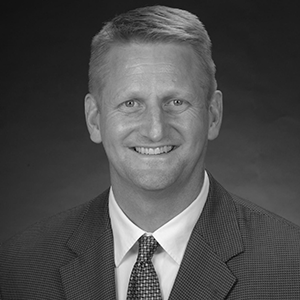Hero

Header and Body
Now Available On-Demand!
In today’s dynamic federal IT landscape, agencies must adapt to new demands for security, resilience, and scalability while preparing for quantum advancements and enhancing AI capabilities. Federal IT leaders are not only modernizing infrastructure and applications but are also adopting innovative strategies to ensure resilient future-ready technical environments.
During this webcast, join Veeam for an in-depth discussion on the key steps federal agencies can take to strengthen resilience and become quantum-ready. Tune in as we learn about inventorying and securing AI models and protecting training data to support robust AI applications, all while leveraging software factories to drive secure DevSecOps practices.
Speakers

Bill Newhouse
Cybersecurity Engineer & Project Lead, National Cybersecurity Center of Excellence
NIST

Bill Newhouse
Cybersecurity Engineer & Project Lead, National Cybersecurity Center of Excellence
NIST
Bill Newhouse is a cybersecurity engineer at the National Cybersecurity Center of Excellence (NCCoE) in the Applied Cybersecurity Division in the Information Technology Laboratory at the National Institute of Standards and Technology (NIST).
He is presently leading projects on Data Classification and Migration to Post-Quantum Cryptography. His work at the NCCoE, NIST's applied cybersecurity lab, pushes for the adoption of functional cybersecurity reference designs built from commercially available technologies provided by project collaborators. These projects include establishing communities of interest with members from industry, academia, and government and using that community to help define project workstreams and project deliverables that can support their needs to mitigate privacy and cybersecurity risk. NCCoE projects are documented in NIST SP 1800 series publications known as practices guides.
He has completed guides addressing cybersecurity risk in the hospitality and retail sectors as well as an early demonstration of derived credentials. He completed a collaborative effort funded by the U.S. Department of Energy to create a Community Cybersecurity Framework Profile for the Liquefied Natural Gas (LNG) industry and to map elements of their Cybersecurity Capability Maturity Model (C2M2) to the NIST Cybersecurity Framework. He is also the NCCOE lead for engagement with the financial services sector lead to identify use cases to explore in NCCoE projects.
Mr. Newhouse coordinated across the US gov't, industry and academia to publish the August 2017 version of the National Initiative for Cybersecurity Education (NICE) Cybersecurity Workforce Framework, NIST SP 800-181.
Mr. Newhouse began his Federal career over 38 years ago at NSA as a cooperative education student. During his 23 years at NSA, his focus shifted from telecommunication systems to information assurance. His final five years at NSA included two assignments in the Office of the Secretary of Defense where he focused on cybersecurity policy, R&D oversight and technology discovery.
For the last two decades, he has participated in Federal cybersecurity focused R&D working groups and contributed to three different Federal cybersecurity R&D Strategic Plans.
Mr. Newhouse received a Bachelor of Science in Electrical Engineering from the Georgia Institute of Technology and a Master of Science in the Field of Telecommunications Engineering from the George Washington University.

Dr. Ron Ross
Computer Scientist, NIST Fellow
NIST

Dr. Ron Ross
Computer Scientist, NIST Fellow
NIST
Ron Ross is a Fellow at the National Institute of Standards and Technology. His focus areas include cybersecurity, systems security engineering, and risk management. Dr. Ross leads the Federal Information Security Modernization Act (FISMA) Implementation Project, which includes the development of security standards and guidelines for the federal government, contractors, and the United States critical infrastructure. His publications include Federal Information Processing Standards (FIPS) 199 (security categorization), FIPS 200 (security requirements), and NIST Special Publication (SP) 800-39 (enterprise risk management), SP 800-53 (security and privacy controls), SP 800-53A (security assessment), SP 800-37 (Risk Management Framework), SP 800-30 (risk assessment), SP 800-160 Volumes 1 and 2 (systems security engineering and cyber resiliency), SP 800-171 (security requirements for nonfederal systems and organizations), and SP 800-171A (security assessments for nonfederal organizations). Dr. Ross leads the Joint Task Force, an interagency group that includes the Department of Defense, Office of the Director National Intelligence, U.S. Intelligence Community, and the Committee on National Security Systems, with responsibility for developing a Unified Information Security Framework for the federal government and its contractors.
Dr. Ross previously served as the Director of the National Information Assurance Partnership, a joint activity of NIST and the National Security Agency. He also supports the U.S. State Department in the international outreach program for cybersecurity and critical infrastructure protection. Dr. Ross has lectured at many universities and colleges including Stanford University, Massachusetts Institute of Technology, Dartmouth College, Naval Postgraduate School, and George Washington University. A graduate of the United States Military Academy at West Point, Dr. Ross served in many leadership and technical positions during his twenty-year career in the United States Army. While assigned to the National Security Agency, Dr. Ross received the Scientific Achievement Award for his work on a national security project and was awarded the Defense Superior Service Medal. Dr. Ross is a five-time recipient of the Federal 100 award for his leadership and technical contributions to cybersecurity projects affecting the federal government and is a recipient of the Presidential Rank Award. He has received the Department of Commerce Gold and Silver Medal Awards and has been inducted into the National Cyber Security Hall of Fame. Dr. Ross has been selected as an (ISC)2 Fellow and inducted into the Information Systems Security Association Hall of Fame receiving its highest honor of Distinguished Fellow.
During his military career, Dr. Ross served as a White House aide and senior technical advisor to the Department of the Army. He is a graduate of the Defense Systems Management College and holds Masters and Ph.D. degrees in Computer Science from the U.S. Naval Postgraduate School specializing in artificial intelligence and robotics.

Bryant Schuck
Principal Technical Product Manager
Veeam

Bryant Schuck
Principal Technical Product Manager
Veeam

Heather Kuldell-Ware
Former Editor-in-Chief
GovExec

Heather Kuldell-Ware
Former Editor-in-Chief
GovExec
Heather Kuldell-Ware is a freelance editor and writer who has covered government technology and cybersecurity for the last 15 years. Her work has appeared in Nextgov, C4ISRNET, Federal Times, GCN and other government-focused publications. When she’s not thinking about cloud computing or AI advancements, she is playing with consumer gadgets for Popular Science and AP Buyline.


